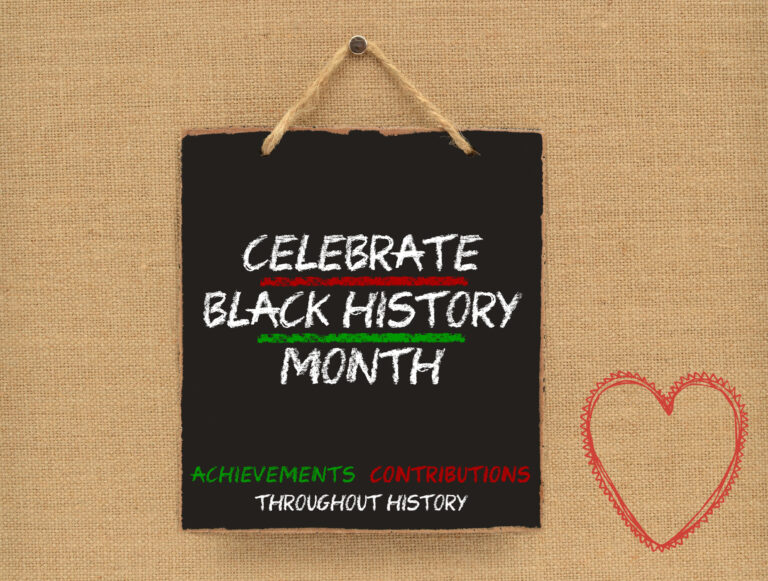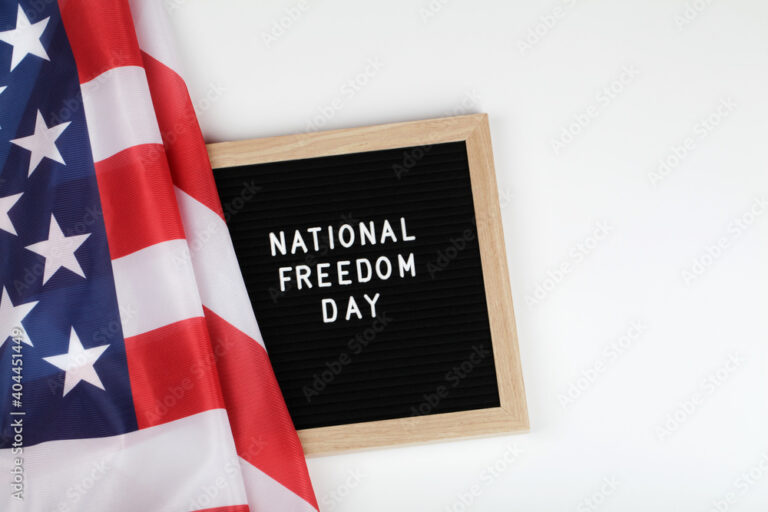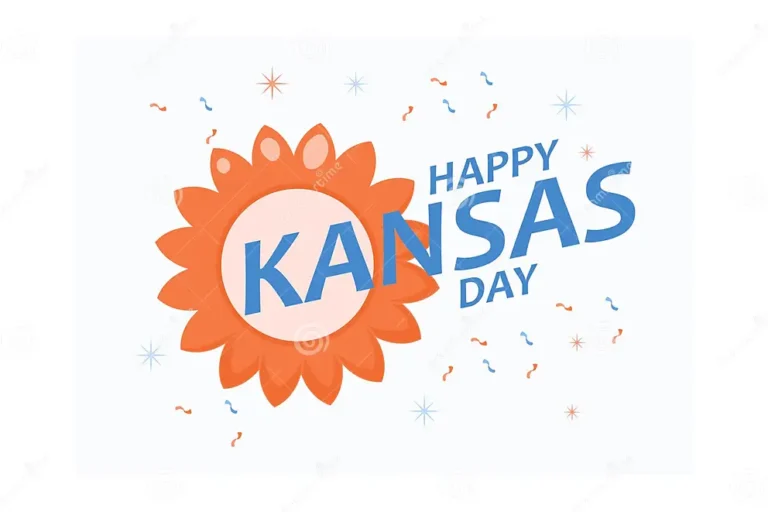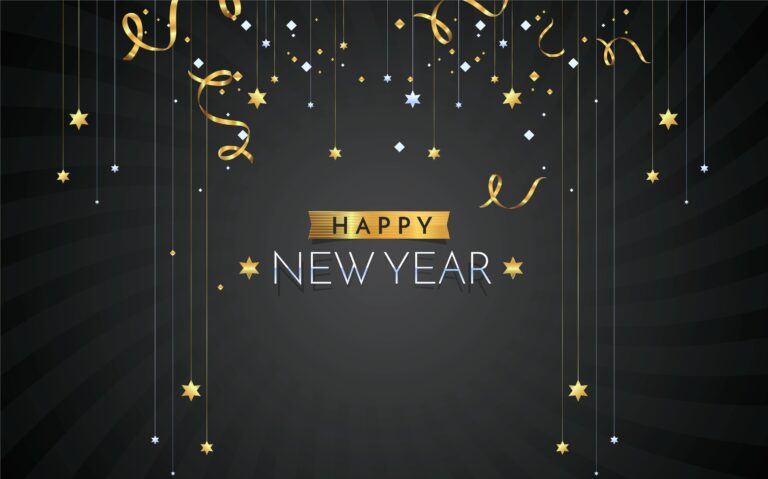
Introduction
Rosh Hashanah, often referred to as the Jewish New Year, is one of the most significant and joyous holidays in the Jewish calendar. It marks the beginning of the High Holy Days, a ten-day period of reflection and repentance that culminates with Yom Kippur, the Day of Atonement. Rosh Hashanah, which typically falls in September or early October, is a time for Jewish communities worldwide to come together to celebrate, reflect, and renew their commitment to faith and tradition. In this blog, we’ll explore the origins, customs, and significance of Rosh Hashanah.
The Origins of Rosh Hashanah
The name “Rosh Hashanah” means “Head of the Year” in Hebrew. While it is commonly known as the Jewish New Year, it doesn’t coincide with the secular New Year’s celebrations on January 1st. Instead, Rosh Hashanah falls on the first and second days of Tishrei, the seventh month of the Jewish calendar.
The origins of Rosh Hashanah are deeply rooted in the Hebrew Bible. In the Torah, specifically in Leviticus 23:24-25, God instructs Moses to establish a day of rest, marked by the sounding of the shofar (a ram’s horn), on the first day of the seventh month. This day would serve as a memorial of the creation of the world and a time for introspection and repentance.
Rosh Hashanah Customs and Traditions
- Prayer Services: Rosh Hashanah begins with special synagogue services. The central theme of these services is the coronation of God as King of the universe. The liturgy includes the recitation of special prayers, hymns, and the sounding of the shofar.
- Sounding the Shofar: One of the most iconic customs of Rosh Hashanah is the blowing of the shofar. The shofar’s distinct sounds—tekiah, shevarim, and teruah—have deep spiritual significance. They serve as a wake-up call for self-examination, repentance, and a call to return to a more righteous path.
- Tashlich: On the afternoon of the first day of Rosh Hashanah, many Jewish communities practice a custom called Tashlich, which involves going to a body of water and symbolically casting away their sins by emptying their pockets into the water. This act signifies the desire for a clean slate and spiritual renewal.
- Prayer Books and Machzor: Special prayer books called machzorim are used during Rosh Hashanah services. These prayer books contain unique prayers and hymns specific to the holiday and help guide worshippers through the liturgy.
- Festive Meals: Rosh Hashanah is a time for family and communal gatherings. Families come together to share festive meals that often feature sweet dishes, symbolizing hopes for a sweet year ahead. Apples dipped in honey, challah bread with raisins, and honey cake are common traditional foods.
Significance of Rosh Hashanah
Rosh Hashanah holds immense significance in Jewish tradition. It serves as a time for:
- Self-Reflection: It is a time to reflect on one’s actions, both individually and as a community, over the past year and seek self-improvement.
- Repentance (Teshuvah): Jews believe that during this period, God’s judgment is sealed for the upcoming year. As a result, it is a time for sincere repentance, seeking forgiveness for one’s sins, and making amends with others.
- Renewal and Hope: Rosh Hashanah symbolizes a new beginning. It is an opportunity to renew one’s commitment to God, the community, and a more righteous way of life. The hope is for a year filled with blessings and goodness.
- Community and Family: The holiday reinforces the importance of community and family bonds. It is a time for coming together, sharing meals, and supporting one another on a spiritual journey.
Conclusion
Rosh Hashanah, the Jewish New Year, is a time of reflection, prayer, and celebration. It embodies the rich tapestry of Jewish tradition, emphasizing the themes of repentance, renewal, and hope. As Jews around the world gather to observe this significant holiday, they reaffirm their commitment to their faith and the values it represents. Rosh Hashanah reminds us all of the universal themes of self-improvement, forgiveness, and the pursuit of a better future, making it a holiday with a message that resonates with people from all walks of life. Click here for more details on this Festival
FAQs (Frequently Asked Questions)
Q1. Is Rosh Hashanah always celebrated on the same date every year?
A1. No, Rosh Hashanah is observed according to the Hebrew calendar, which is lunar-based. Therefore, its date varies each year in the Gregorian calendar.
Q2. Can non-Jewish individuals participate in Rosh Hashanah celebrations?
A2. Yes, many Jewish communities welcome individuals from diverse backgrounds to join in their Rosh Hashanah celebrations as a way of fostering understanding and inclusivity.
Q3. Are there any specific rules or guidelines regarding the festive meals of Rosh Hashanah?
A3. While there are traditional foods associated with Rosh Hashanah, the specific menu can vary depending on cultural customs and personal preferences. The emphasis is on enjoying meals with loved ones and incorporating symbolic foods.
Q4. How long does Rosh Hashanah last?
A4. Rosh Hashanah is typically observed for two days, although some Jewish communities celebrate it for only one day.
Q5. Can Rosh Hashanah be considered a day of fasting?
A5. No, Rosh Hashanah is not a fast day. However, it serves as a precursor to Yom Kippur, the Day of Atonement, which involves fasting and intense spiritual reflection.









